"I Encourage Students to Learn by Figuring Things Out, Not Rote Memorizing"
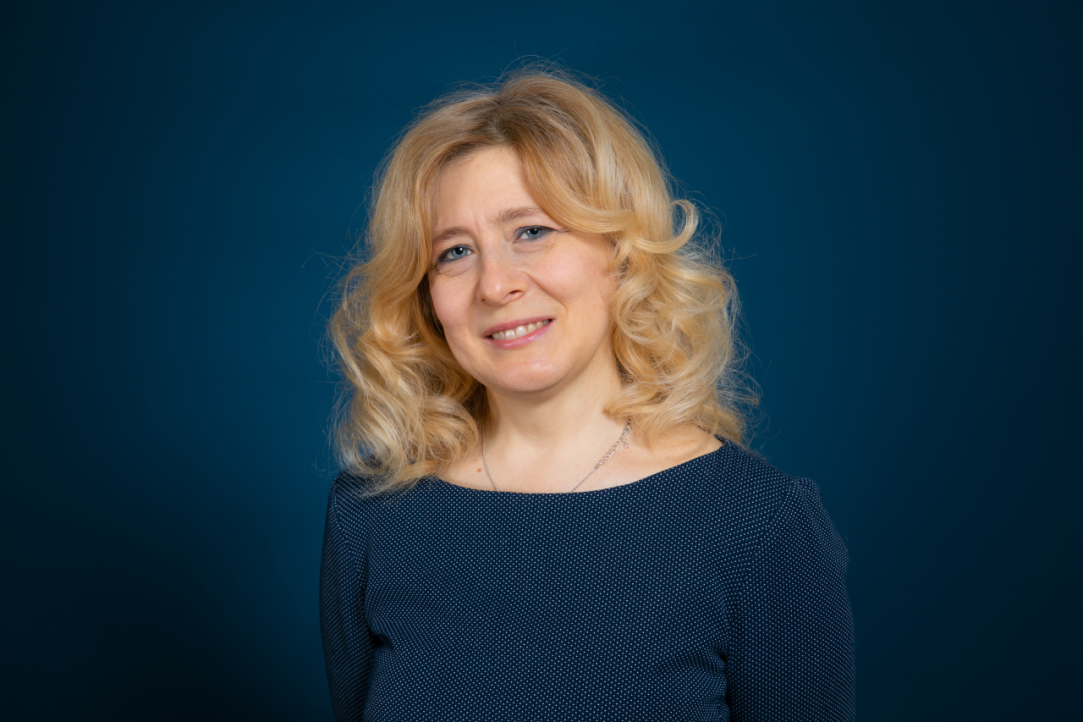
Alla Fridman has been teaching at ICEF since 2001, when ICEF had its first cohort of students. She is one of those professors who witnessed ICEF gaining its ground, contributing to its active development. In this interview, Alla tells how Russian universities survived the economic reforms of the ’90s, why some teachers are liked more than others, and how university study can benefit one’s private life.
How I fulfilled by parents’ dream
The high school students of today seem to have a pretty good idea of how economics and finance sector work. Their knowledge stems not only from the Economics course they learn at school, but also from their growing up in the market economy – unlike the generations of Soviet Russia. We did not have such experience, and our knowledge of economics was limited to a handful of classes as part of Social Studies, which, due to the high level of politicization in the humanities and social sciences, was delivered in a way which was rather student-unfriendly.
My path to a career in economics was through a series of coincidences. All my family members were related to science in one way or another, the immediate ones held doctoral degrees in mathematics, economics, chemistry, philology, history and oriental studies. So, in some way, it is from them that I have my passion for science.
The other reason why I chose science as a career was my neighborhood. I grew up in district owned by the Academy of Sciences. The parents of the children I studied alongside with served as full professors or held PhDs as a minimum. I enjoyed learning mathematics at school, but I didn’t see myself a theoretical mathematician. I was more into applied mathematics. One day, we had a group of university students who came to our school to present the Moscow State University School of Economics and Mathematics. I and some of my classmates decided to apply and were admitted. The enthusiasm my classmates and our teachers at MSU School of Economics and Mathematics had for science was that something that fueled my passion for economics. Now, together with the team of ICEF Evening School, we have tried to replicate that spirit of scientific freedom and creativity, and I think we have succeeded.
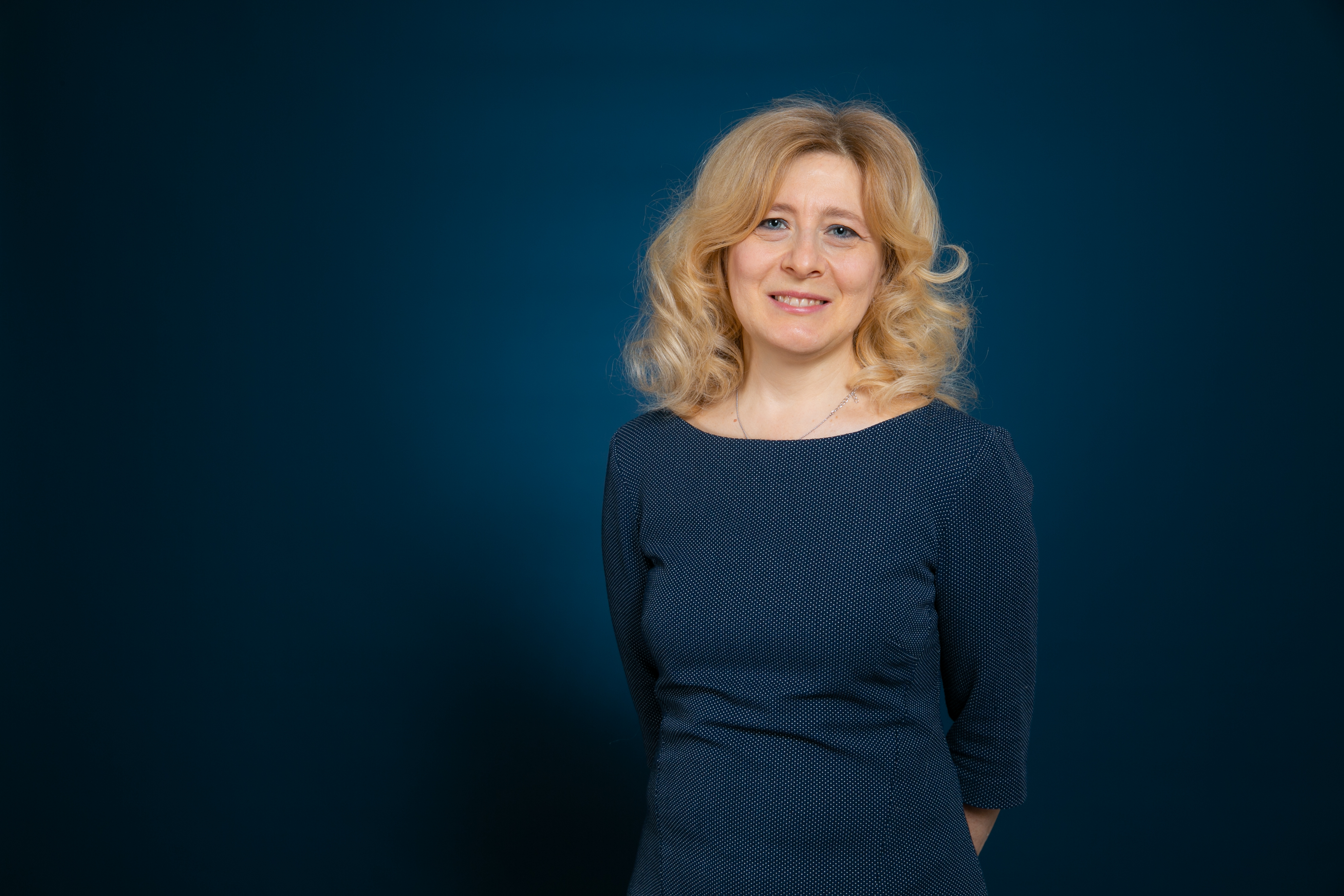
It was Moscow State University that I sought to enroll in. I had a reason. My parents, who graduated magna cum laude from school and who successfully passed the MSU admission interview, were denied admission “for lack of places” – complete nonsense. I had the chance to fulfill parents’ ambition.
How I said ‘yes’ to science and ‘no’ to business
My student years at Moscow State University coincided with the years of perestroika. A series of drastic changes spanned not only the education system, but the nation’s entire economy and political system. During the first two years, we studied mostly mathematics. Then, the vision of the future suddenly became blurry for all of us. I was thinking of transferring to CMC (MSU Faculty of Computational Mathematics and Cybernetics), but my future research supervisor, who had been a great help at that time of crisis, persuaded me out of it. Soon afterwards, MSU and CEMI (Russian Academy of Sciences’ Central Economic and Mathematics Institute) signed an agreement establishing MSU/CEMI chair on economics.
When lectures started to be delivered by CEMI’s lead researchers, the students of MSU could discuss the economic issues with a non-ideological approach
Since my father was a faculty member at CEMI, he prompted which optional courses were worth taking in the first place. The course in non-equilibrium economics appeared crucial to my future career in academia. It was delivered by Viktor Meerovich Polterovich. I was totally fascinated with the elegance with which he modelled changes that were likely to occur in real economy and the succinct, conversational manner in which he explained complex concept to us.
I graduated with honours. The most obvious path was to pursue a PhD, but there started market reforms and there appeared lucrative opportunities in the industry. Many young economists, including my classmates, were eager to go into business. Banks offered us scholarships, if we entered into employment agreement with them in our final year of study. The only thing that held me back from leaving science was The New Economic School, which was established at about the same time. As one of its founders, Viktor Meerovich, my research supervisor, offered me to lead seminars at NES – my first step towards career at ICEF, the idea of which was yet to emerge.
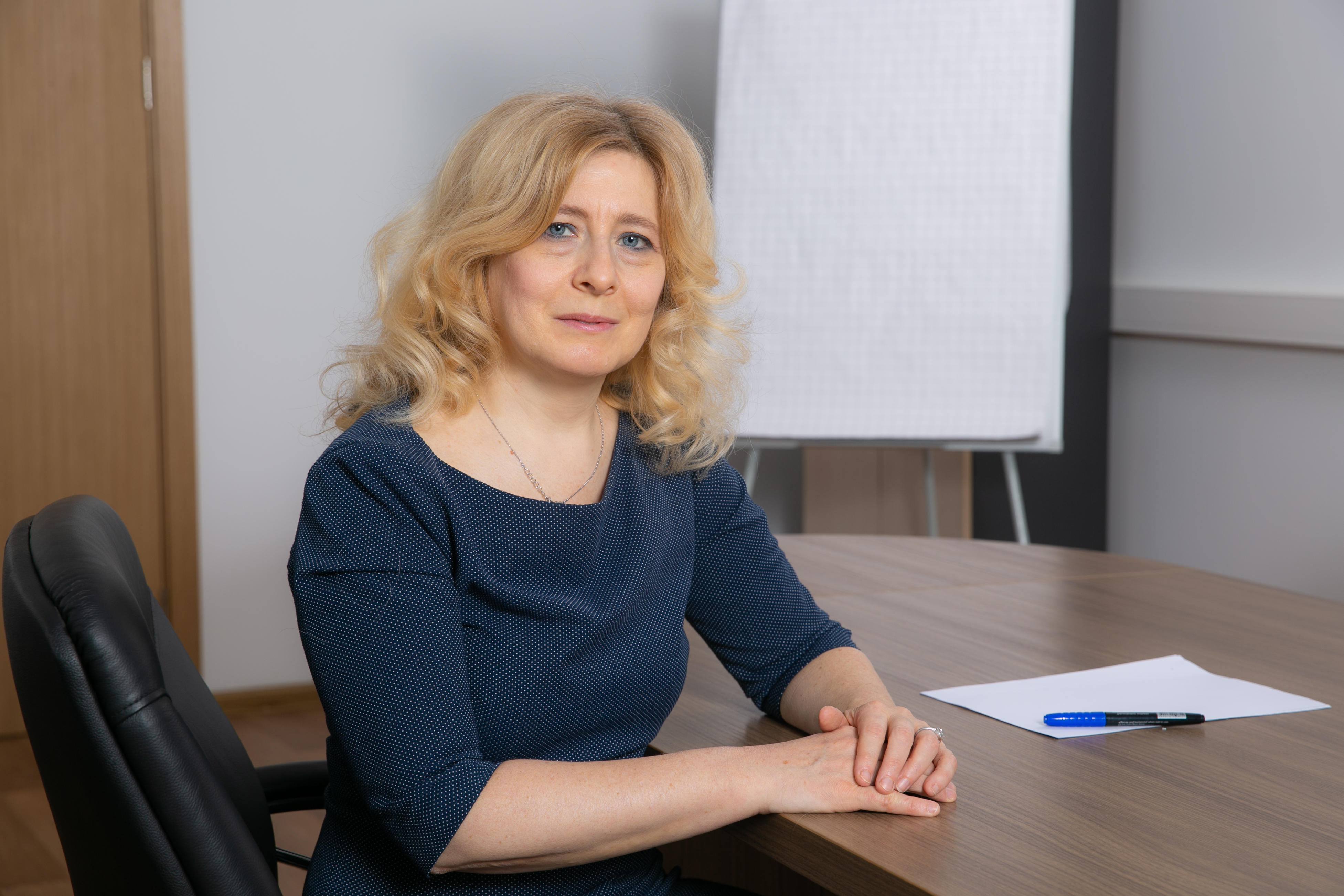
I taught at NES for a number of years, having taken over this duty from Professor Amos Witztum, who, after a couple of years of teaching, moved on to establish ICEF on behalf of The London School of Economics (LSE). Amos repeatedly invited me to join ICEF, but I received my first daughter and her sister followed shortly after. I joined ICEF when its first cohort of students started their third year – and I have been at ICEF ever since.
How I chose my research areas
Honestly, when you are a parent of small children, science is the last thing you think about. Scientists generally need enough free time to be able to concentrate, reflect on ideas, and read articles. In my career, teaching and research have not always gone hand in hand. I concentrated mostly on teaching, and it wasn’t until my kids grew up enough that I was able to return to science.
The issues that I explored scientifically as a student of Moscow State University were prompted by my research supervisor, as well as by the economic realities that we faced during the transition period of the late ’80s – early ’90s.
The economy we were being taught at that time simply ceased to exist
So, it took some effort unlearning and relearning things to write my PhD thesis. My supervisor’s research interests lay in non-equilibrium economics – the non-market-based mechanisms of resource allocation that we could witness occurring in our everyday life at that time. The huge queues, the food stamps (and trafficking food stamp benefits), the rationing schemes – parallel markets were emerging before our eyes, giving consumers the choice of buying from the store at a fixed price or from the unregulated market at a price much higher to avoid long queues. There was very little published research on the dual pricing system that existed at that time. We stood before a new reality, and exploring it from mathematical perspective turned out an extremely challenging task.
And then, when that market began to be perceived as normal, I shifted my research focus towards macroeconomics, specifically, currency substitution. Hyperinflation raged, forcing people to protect their savings from devaluation by converting them into foreign currency. The latter began to be used as store of value at first and then as a means of payment. Since currency exchange counters were available in nearly every shop, shoppers carried dollars everywhere they went. After a while, inflation was brought back to a reasonable level, but the level of dollarization still remained quite high. This phenomenon is referred to by economists as the hysteresis effect. My ambition was to build a model that would allow quantifying this phenomenon and social losses from dollarization.
The vast majority of my research papers discuss the processes and phenomena I was witnessing first-hand. I returned to parallel markets as a research topic twenty years later, when my children reached college-going age. Higher education has by no means been left out of the reform process. Its market operates a dual pricing system, where tuition-free options are available only to applicants with high Unified State Exam score.
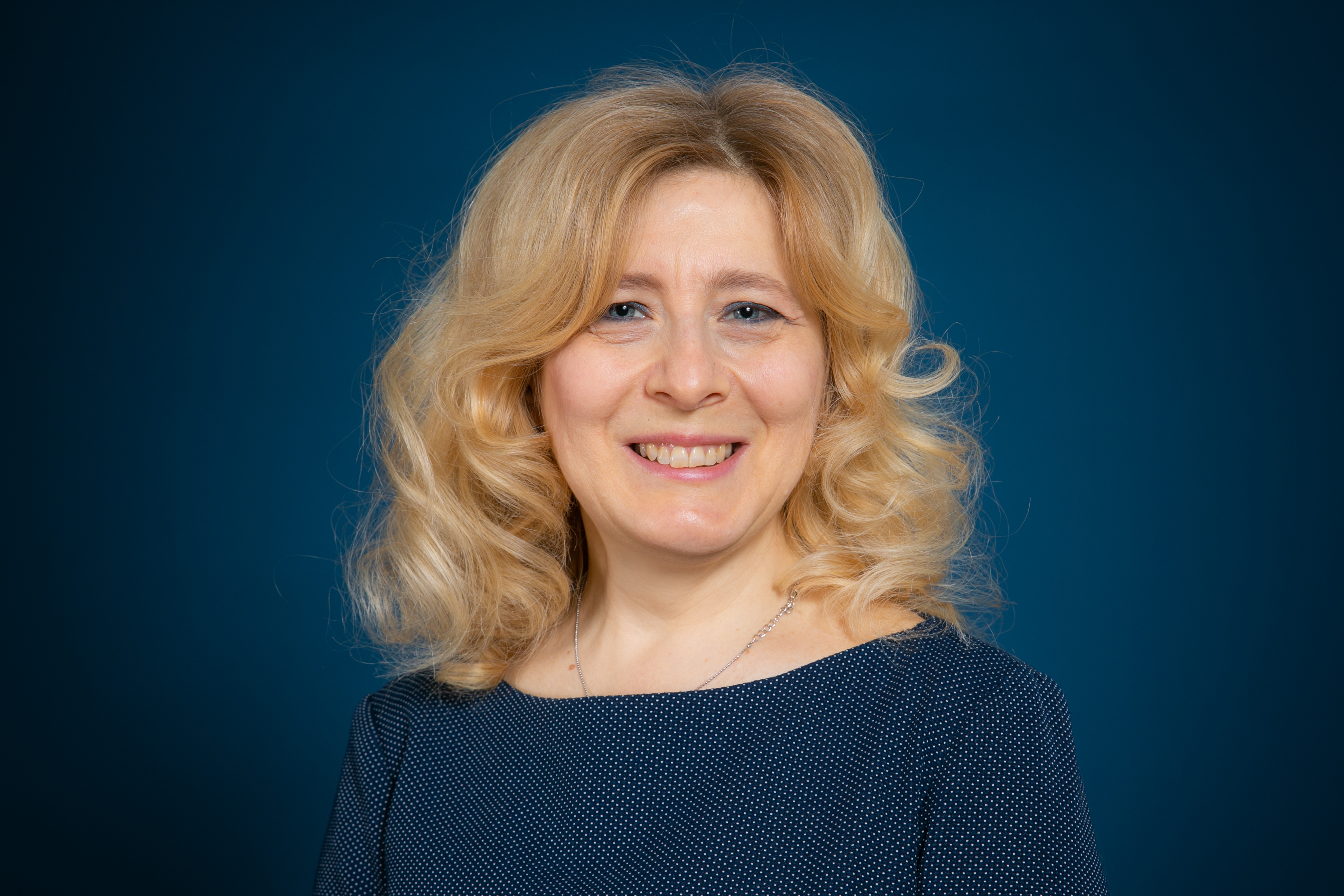
While universities (including many state-financed ones) compete for gifted applicants, their competition is immediately influenced by the state policy of allocating tuition-free quotas. Elite schools respond to competition by offering gifted students discounts. In this context, any change in the size or distribution of the government funding will inevitably have an effect on all the education market players – including those without public funding.
How to be a better teacher
There are those among my students who remember me as their favorite teacher and those who do not share my approach to teaching. It’s only natural, I suppose. It is much worse when the teacher is not remembered at all. True, it can be difficult for some to be my students. I encourage students to learn by figuring things out, reflecting on concepts and theories, not by rote memorizing. And using previous years’ exam tasks to prepare for the exam in my subject is a waste of time. My advice to future applicants is take part in as many academic contests as you can – this will help you boost your creativity and ease into the university environment, no matter if you are going to enroll as a high Unified State Exam scorer or not.
Students who manage to pass my course – even if after multiple attempts – gain, alongside dedicated knowledge, confidence that they can handle any challenge that may come their way. This means a lot. The fact of choosing to struggle instead of giving up inspires respect and raises self-esteem. I had a student who passed the exam after third attempt. She later entered the master's programme at a Western university and is currently a macroeconomic analyst in Europe.
The thing you are struggling with today may become your favorite thing tomorrow. In the 1970s, economist Michael Spence proposed a model explaining that even if the acquired knowledge should turn out of little use, by acquiring education credentials employees send the potential employer a signal about their ability level. Low ability candidates are unlikely to cope with challenging study programmes, and in this sense ICEF diploma is just that signal that lets the industry know that its holder is no stranger to challenges.
I tell my students that studying at ICEF can be a tough experience, but this is exactly the experience that will earn them a good salary bonus
Along with creative learning methods, students value my adherence to rules and standards, which I inspire them to equally stick to. I’m trying to show by my own example that adherence to deadlines is not something we do because we feel like it but a vital skill in any job. For my part, I am never late for classes, I post learning materials well in advance, I mark papers by due dates, and I would like students to practice the same careful attitude to deadlines. Last but not least, I’m trying to maintain a feedback culture. I communicate my message by explaining the reasons for my decision, staying receptive to constructive feedback and giving my own. It is really important that every student knows and feels that their voice matters. I care about the quality of ICEF graduates, and this is where our long-term goals coincide.
Behind the scenes of teaching at ICEF
I have taught at many schools and therefore have something to compare ICEF to. When I joined years ago, many things at ICEF looked absolutely ground-breaking, one example being its department-less structure. Here, teachers work together as a single team. They are spared having to choose between department of microeconomics and department of macroeconomics. This is a good system that rules out extra administrative barriers, facilitating more constructive alignment between courses.
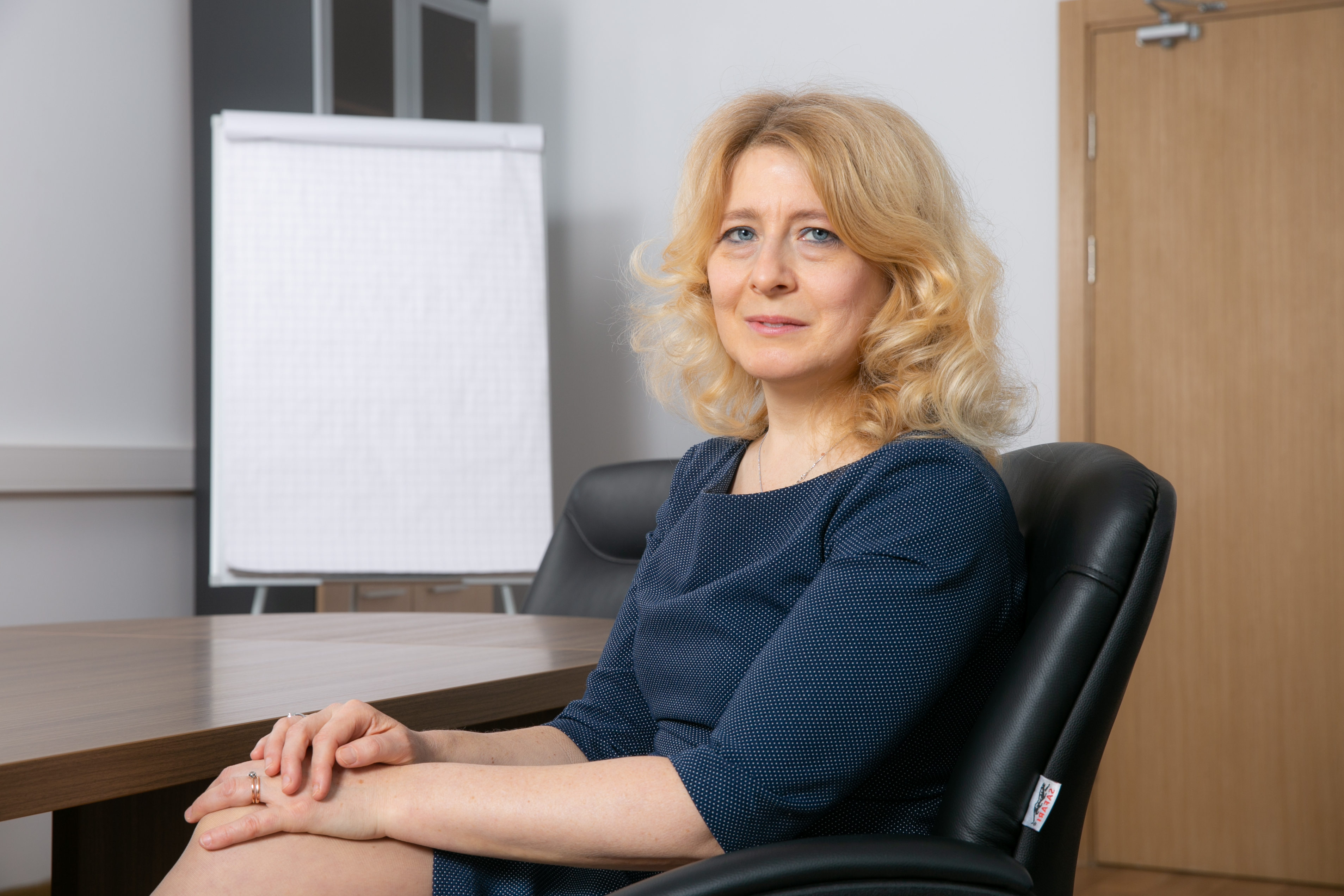
Courses such as data analysis and machine learning are becoming increasingly popular among students, calling for revision of the core curriculum. ICEF responds flexibly to this trend by modifying its courses and offering students a diversity of electives.
ICEF boasts an excellent methodological guidance for teaching and research activities. Its Guidance Services conduct orientation workshops, designed to introduce new hires to the teaching culture. It is a customary practice for every new hire to deliver a part of their class to the faculty and then be given feedback. Another common practice is reciprocal visiting of classes, which is seen by the faculty as a way to stay updated on the contents of the colleagues’ courses and to receive constructive feedback in a timely manner.
The faculty members are actively sharing teaching hacks to keep themselves abreast of digitalization in education. For example, long before the pandemic, which forced us all to look for better ways of presenting the material, instead of static PowerPoints we started using the pen tablets to make notes on the slides and project them onto the blackboard. This allowed us to switch to online learning almost seamlessly during the pandemic.
Also, there are in-house teaching workshops for teachers of interrelated courses, and the workshops that discuss the teaching issues relevant to any course.
The issues we discuss include, among others, grading and feedback strategies. It is important that students are able to see where in their solutions they made error
Every examination session is followed by faculty-administration meeting. If we see there’s underperformance in students, we try to identify what caused it and the ways to help students perform better. One such meeting had as its outcome the Help Room. ICEF administration has a subtle, unobtrusive way of introducing changes to improve the academic life for students and teachers without encroaching on the faculty autonomy.
How HSE-UoL programme came about
ICEF’s curriculum is not what it was twenty years ago. We are keeping abreast of new developments and are in many respects ahead of them. By giving our students more choice over what they learn, even core courses, we are trying to make our programme as much choice-based as possible. For example, ICEF’s extensive range of data analysis courses appeared even before HSE launched its Data Culture programme. The programming courses are available to students as early as in their freshman year, based on their level of training and interests.
ICEF practices the customized approach to learning, allowing students to adjust their learning tracks based on their interests. We are continuously updating our programme by adding, among other things, new fields of study. While initially ICEF’s range of degrees was limited to one, Economics, it now offers a wide array of theoretical (Economics and Mathematics, Economics, Economics and Finance) and applied (Accounting, Management, Economics and Banking) majors.
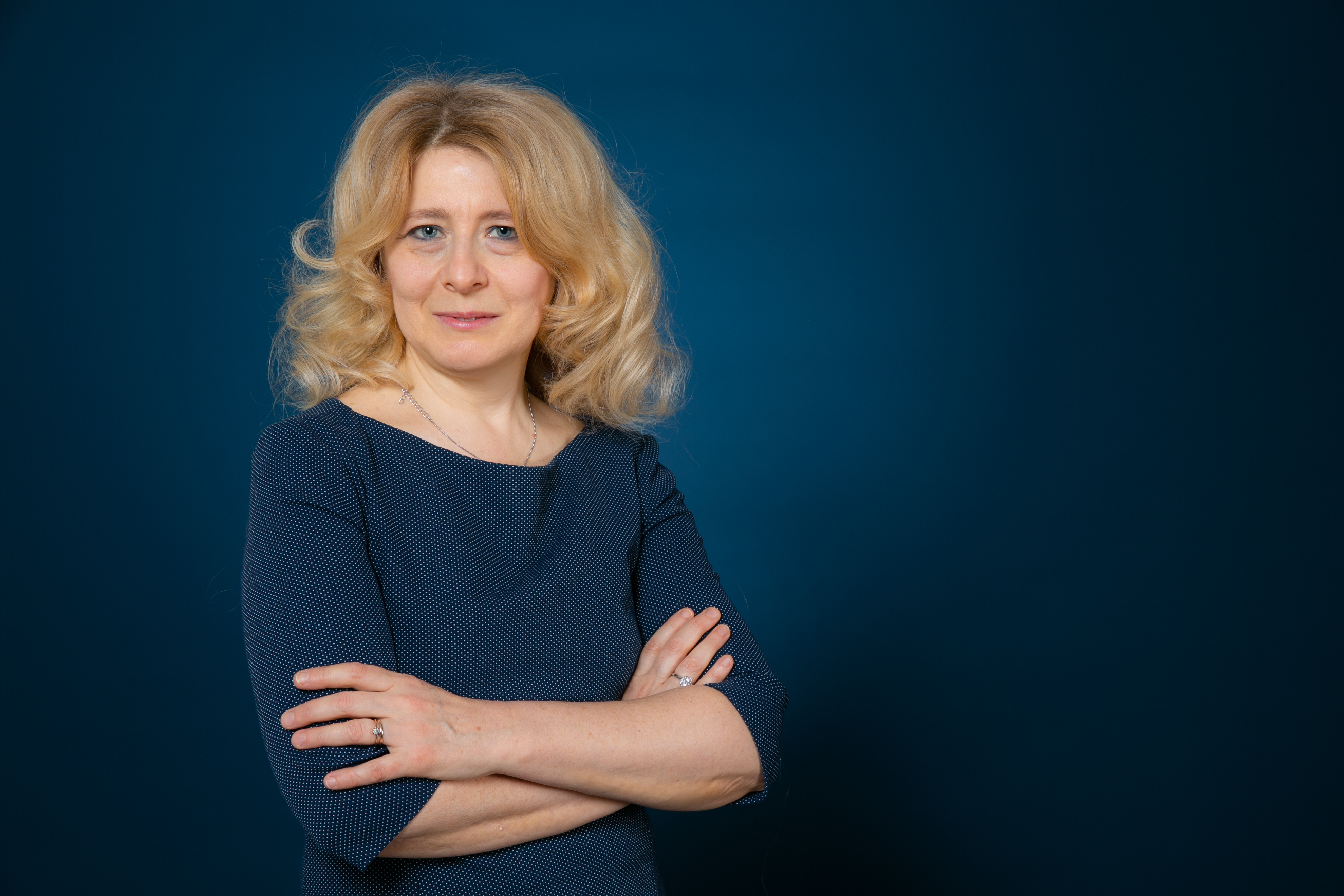
One sufficient testimony to the success of our double-degree programme is the brilliant progress of its graduates. ICEF has come a long way to evolve from a small group of students into a large institute with 10 to 12 groups in every class. It offers bachelor’s degree and the unique Master of Financial Economics programme. It operates international research laboratories and has permanent faculty staff with international members. Next year ICEF will be celebrating its 25th birthday. I hope we will be able to tell more about ICEF’s inner workings to bring it closer to prospective applicants.
How to combine personal life and studies
My two daughters studied at HSE. One holds her bachelor’s degree from HSE/NES and the other from ICEF. When the eldest enrolled in ICEF, I immediately asked my management if they could remove me from teaching her class and give me other courses to teach. I am very grateful to ICEF for meeting me halfway, for my situation required some of my colleagues to abandon their courses temporarily and put some extra effort switching to the courses they were new to. My daughter’s class was the only in the history of ICEF that I didn’t teach.
Frankly speaking, I was prepared to leave ICEF for a while so as to allow my daughter to study without her mother in the classroom. After graduating, she said she was under double pressure, fearing to let me down and doing her utmost to live up to the high expectations.
My daughter remembers her student years at ICEF as the best time of her life, although studying was not always easy for her. It took her a lot of effort at the beginning just to get used to ICEF’s academic environment. But, being on the consumer end of the programme made me look more critically at where the student workload could be redistributed for better performance. After graduating from ICEF, my daughter and her classmate enrolled in the master’s degree programme in Europe. They later they got married, so we now have one more graduate of ICEF in our family.
Scientific literature often refers to universities as a wonderful marriage market where people can meet their partners for life. There are, indeed, many students who met their partners at ICEF and started families. We will be excited to welcome their children among our prospective students.